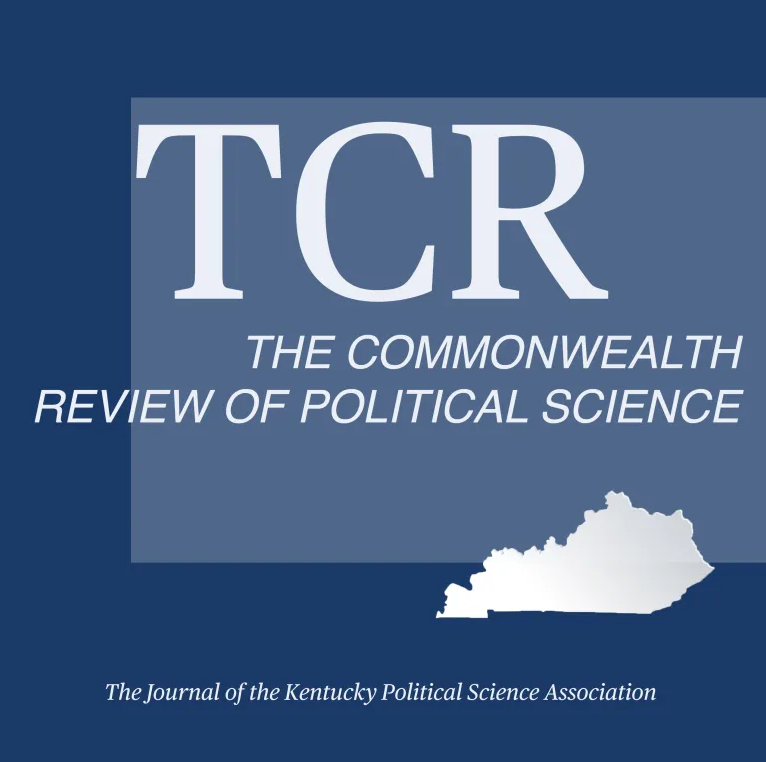Commonwealth Review of Political Science

Abstract
Nominations to the federal judiciary are among the most important decisions made by American presidents. Provided lifetime tenure upon confirmation, judges nominated by a given president are likely to serve well past the Chief Executive’s time in office—allowing them the ability to give voice to the nominating president’s ideological views, in some cases, for decades. While shared partisanship is a key consideration in making judicial nominations, do presidents also tend to nominate individuals with common career backgrounds and life experiences? This paper employs a comparative framework to analyze the characteristics of individuals appointed at the circuit court level by Presidents George W. Bush, Barack Obama, and Donald Trump. Understanding the dynamics of lower court nominations is important due to the fact that appeals court judges decide the vast majority of cases heard at the federal level. Various methodological techniques preliminarily confirm differences in the traits of the circuit court nominees chosen by Presidents Bush, Obama, and Trump. Specifically, we have found that a judge’s age and membership in the Federalist Society appear to be primary cues to President Trump’s nomination selections. These overall results allow for a more nuanced understanding of the various individuals nominated to serve as circuit court judges.
Recommended Citation
Foote, Paul and Trantham, Austin
(2023)
"Centralizing the Selection of Circuit Court Nominees in the George W. Bush, Obama, and Trump Administrations,"
Commonwealth Review of Political Science: Vol. 6:
No.
1, Article 2.
DOI: https://doi.org/10.61611/2994-0044.1042
Available at:
https://digitalcommons.murraystate.edu/crps/vol6/iss1/2
Creative Commons License

This work is licensed under a Creative Commons Attribution 4.0 International License.
Included in
History Commons, Political Science Commons, Psychology Commons

